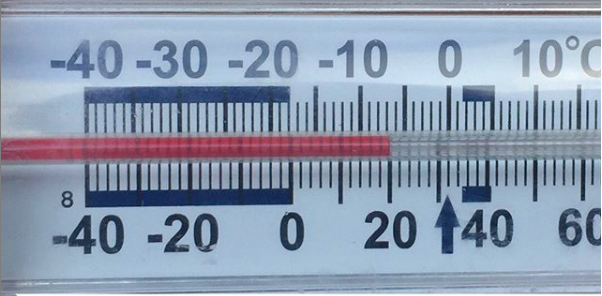Scalp Cooling for Prevention of Chemotherapy Induced Alopecia: Does it really impact Quality of Life Measures?
Scalp Cooling and Quality of Life: What does the research tell us?
Hair loss from chemotherapy a distressing part of the treatment. Scalp cooling procedures have emerged worldwide as means to reduce the chances that patients get hair loss after chemotherapy. These devices are worn before, during and after chemotherapy. Scalp cooling devices themselves may be as cold as -25 to -30 Celsius and help achieve hair follicle temperatures under 22 C (from their normal 37 C) and by doing so help limit the drug from getting into the scalp (on account of vasoconstriction) and also limit metabolism of the drug by hair follicles. These cold temperatures may provide discomfort.
It’s clear that scalp cooling reduces hair loss but what is less clear is whether it makes peoples lives better.
Marks and colleagues in a new 2019 study set out to evaluate the use of scalp cooling for prevention of chemotherapy induced alopecia and looked at how these treatments affect quality of life.
Of all the studies they examined, 13 met strict criteria for inclusion including 4 randomized clinical trials (RCT), 8 cohort studies, and 1 cross-sectional study with 1282 unique patients. The European Organization for Research and Treatment of Cancer Quality of Life Questionnaire Core 30 (QLQ-C30: 46%) and Breast Cancer Module (QLQ-BR23: 46%) represented the most commonly used QoL assessments.
Not all studies showed that scalp cooling led to better quality of life measures (“QoL measures”)in cancer patients. In fact, only 4 (31%) of the 13 studies concluded that scalp cooling was associated with significant improvements in QoL measures as assessed by EORTC QLQ-C30 and -BR23s; 8 of 13 studies (62%) determined that there was either non-significant or no improvements; and 1 (7.7%) provided a mixed conclusion.
This is an interesting study. Now that we have good data to back up the benefit of these devices in preventing hair loss we need to understand who benefits the most from these devices and who is likely to find that the discomfort and other factors (cost, inconvenience) outweigh the benefits. More studies in this important area are needed.
Reference
Marks DH et al. Breast Cancer Res Treat. 2019.
This article was written by Dr. Jeff Donovan, a Canadian and US board certified dermatologist specializing exclusively in hair loss.

